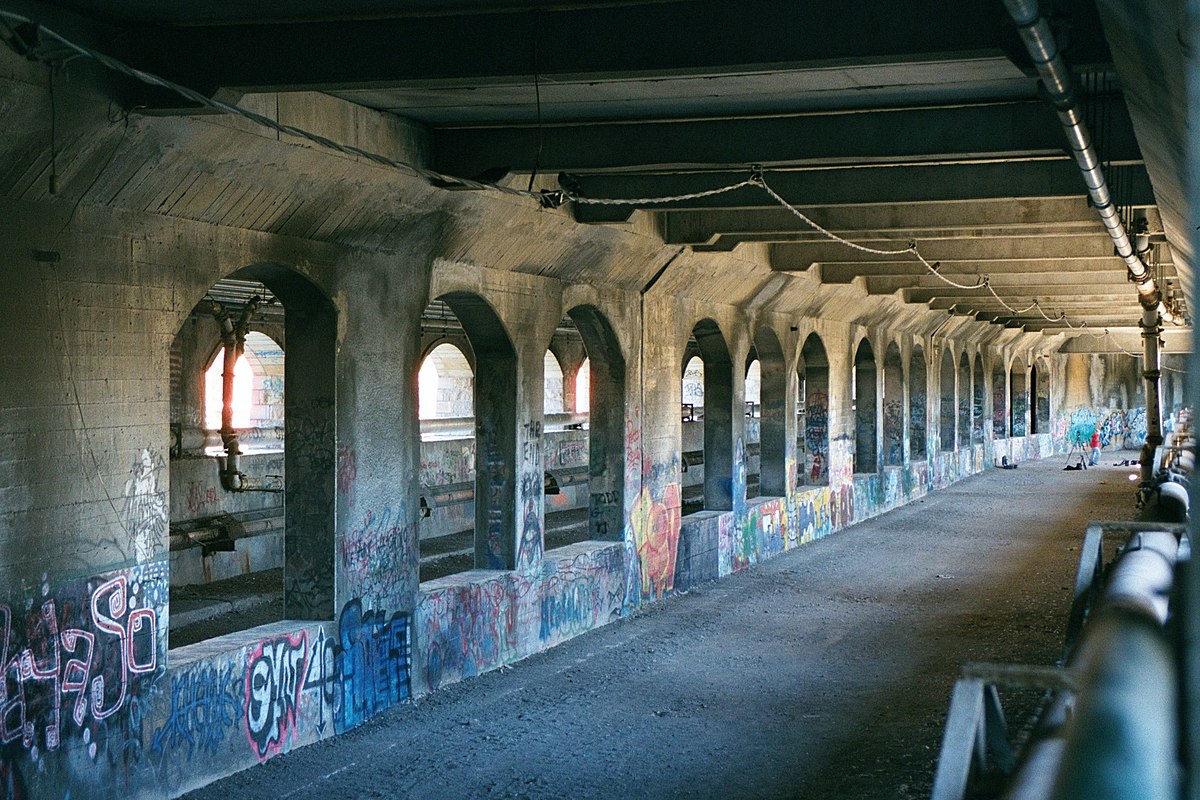Hidden Pathways Of Rochester’s Underground Railroad

Rochester, New York, holds a significant place in history as a key stop on the Underground Railroad. This secret network helped enslaved people escape to freedom in the North. Many brave individuals risked their lives to assist those seeking liberty. Rochester's location near Lake Ontario made it a strategic point for crossing into Canada. The city became a beacon of hope for many, with notable figures like Frederick Douglass and Susan B. Anthony playing crucial roles. Today, visitors can walk through history by exploring sites like the Susan B. Anthony House and the Frederick Douglass Resource Center. These places offer a glimpse into the past, highlighting the courage and determination of those who fought for freedom. Rochester's rich history continues to inspire, reminding us of the power of unity and resilience in the face of adversity.
Discovering Rochester's Underground Railroad
Rochester, New York, played a significant role in the Underground Railroad, a secret network that helped enslaved people escape to freedom. This city was a hub of abolitionist activity, and many sites still stand as silent witnesses to this courageous chapter in history. Let's take a look at some of these remarkable places.
Key Stops on the Underground Railroad in Rochester
These locations in Rochester were crucial in aiding those seeking freedom. Each site has its own story, filled with bravery and hope.
- Frederick Douglass's Home
Frederick Douglass, a former enslaved person who became a leading abolitionist, lived in Rochester for many years. His home served as a meeting place for abolitionists and a safe haven for those escaping slavery. Though the original house no longer stands, the site remains a powerful symbol of his legacy.
- Susan B. Anthony House
Susan B. Anthony, a prominent suffragist and abolitionist, also called Rochester home. Her house was a gathering place for activists and a stop on the Underground Railroad. Today, it is a museum dedicated to her life's work and the fight for equality.
- Mount Hope Cemetery
This historic cemetery is the final resting place of many abolitionists, including Frederick Douglass and Susan B. Anthony. Walking through Mount Hope Cemetery offers a chance to reflect on the lives of those who fought for freedom and justice.
- Abolitionist Hall
Located in downtown Rochester, this building was once a hub for abolitionist meetings and rallies. It played a vital role in organizing efforts to end slavery and support the Underground Railroad. While the original structure is gone, the site is marked for its historical significance.
- Third Presbyterian Church
This church was a stronghold for abolitionists in Rochester. It provided shelter and support for those escaping slavery and hosted many meetings to strategize the fight against oppression. The church continues to honor its history through educational programs and community events.
Exploring Rochester's Historical Legacy
Rochester's involvement in the Underground Railroad is a testament to the city's commitment to justice and equality. These sites offer a glimpse into the past and remind us of the courage and determination of those who risked everything for freedom. Whether you're a history buff or just curious, these places are worth a visit.
Discovering Rochester's Hidden History
Rochester's Underground Railroad offers a glimpse into a time of courage and resilience. Walking these hidden pathways, you feel the bravery of those who risked everything for freedom. The city played a crucial role in the fight against slavery, with secret routes and safe houses that tell stories of hope and determination. Visiting these sites, like the Susan B. Anthony House and Frederick Douglass's home, connects you to a powerful past. Each location reveals tales of individuals who stood up for what was right, making a difference in countless lives. Exploring these historical landmarks not only educates but also inspires. It reminds us of the importance of standing up for justice and equality. Rochester's rich history is a testament to the strength of the human spirit, encouraging us to continue the fight for freedom and equality in our own time.

